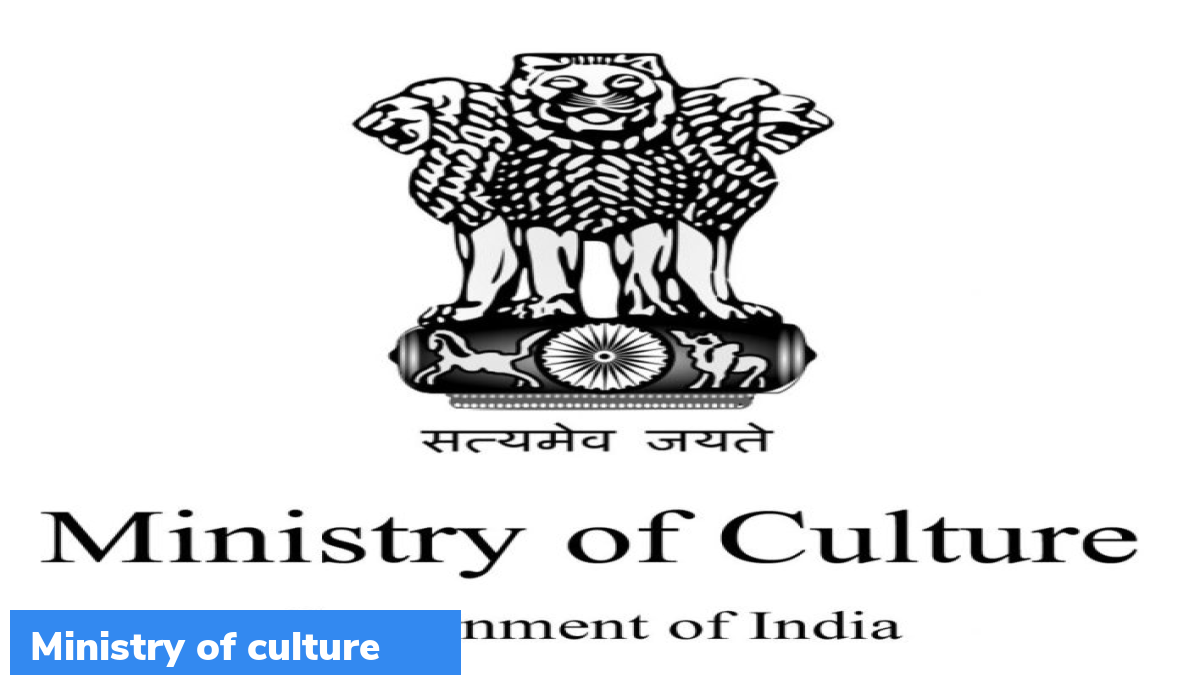Committee Recommends Standardized Tenures and Selection Procedures for Akademi Leaders
A Parliamentary Standing Committee has recommended the establishment of uniform tenures and selection processes for the heads and governing bodies of autonomous institutions overseen by the Ministry of Culture. The report highlighted the need for consistency among institutions like the Indira Gandhi National Centre for Arts, the Lalit Kala Akademi, the Sahitya Akademi, and the National School of Drama.
The committee proposed the inclusion of one Member of Parliament in the governing bodies to provide “ground reports” and suggested formulating a policy to ensure uniformity in terms of tenure, representation, and meeting frequency. The report emphasized the importance of transparency, accountability, ethical conduct, and integrity in the functioning of these institutions.
Why has a Parliamentary Standing Committee recommended uniformity in autonomous cultural institutions under the Ministry of Culture?
The committee noted that there is a lack of consistency in the tenures and selection processes for heads and governing bodies of various cultural institutions. To address this inconsistency, the committee suggested the implementation of uniformity to enhance administrative efficiency and organizational coherence.
How do the current appointment processes for heads and governing bodies of these institutions differ?
Currently, the appointment processes and tenures for leadership positions vary among institutions. As an example, the Lalit Kala Akademi’s governing body serves a three-year term, in contrast to the Kalakshetra Foundation, where the term is extended to ten years. The report emphasizes the need for a standardized approach to prevent administrative and organizational disparities.
How does the lack of uniformity impact the functioning of these cultural institutions?
Inconsistencies in terms of leadership appointments, governing bodies, and operational guidelines lead to administrative and organizational discrepancies among various cultural institutions. This lack of uniformity hampers efficient functioning and overall governance.
How does the committee propose to address these inconsistencies?
The committee recommended the formulation of a policy that ensures uniformity in terms of tenure, representation, and the frequency of meetings. This policy could involve amending legislation if necessary, to establish a consistent framework for these cultural institutions.
What role does the committee suggest for Members of Parliament in the governing bodies of these institutions?
The committee proposed the inclusion of one Member of Parliament in the governing bodies of these cultural institutions. This MP’s involvement would provide valuable insights and “ground reports,” contributing to the effective operation of these institutions.
How does the report emphasize the need for transparency, accountability, and ethical conduct in these institutions?
The report underlines the importance of implementing a proactive and systematic approach to governance, focusing on transparency, accountability, ethical behavior, and integrity within these cultural institutions to enhance their overall functioning.
Month: Current Affairs - August, 2023
Category: India Nation & States Current Affairs









Alpana
August 22, 2023 at 8:03 pmNice website for GK